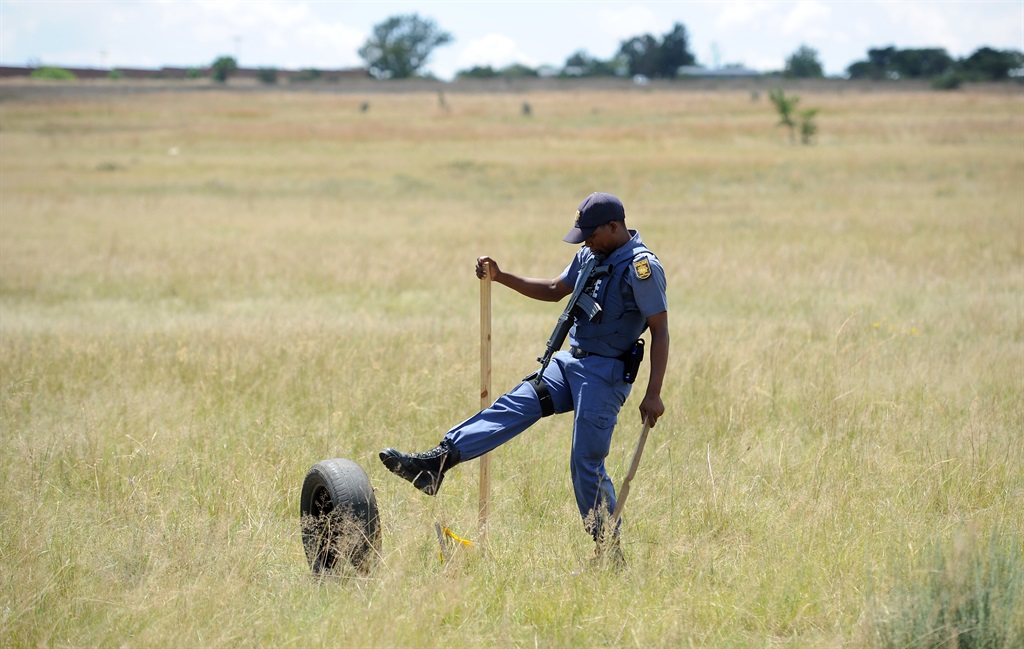
The greatest fear of local and global stakeholders is that South Africa could be on its way to becoming another Zimbabwe, following the commitment to change the constitution for faster land reforms.
Like Zimbabwe, in South Africa, land carries a powerful political charge based on a strong desire to correct historical injustices. In Zimbabwe, land reforms took a turn in 1997, when a group of villagers invaded a white-owned commercial farm. This was roughly two decades after independence, almost the same period it has taken South Africa to make the turn to land expropriation without compensation.
After Zimbabwe’s 2000 constitutional referendum, commercial farms were invaded, occupied by violent means and expropriated without any form of compensation. By 2004, about 50 000 white commercial farmers had fled the country, leaving their livelihoods behind.
In South Africa, land remains an emotive issue with frustratingly limited reform having been achieved. This has led to parliamentary action, which has now passed a motion to amend the Constitution by the end of August this year to enable the expropriation of land without compensation. Up to that point, the path followed by both countries is strikingly similar.
While it is clear that the government is under local and global pressure to act in the interests of white commercial farmers, if land redistribution continues to perform below official targets and public expectations, there is a chance that, like in Zimbabwe, the landless people and rural poor may take matters into their own hands. This has the potential to enable violent invasions and occupations of white-owned commercial farms by politically connected individuals camouflaging as the poor, as it happened in Zimbabwe.
To avoid the Zimbabwe style of land reforms, South Africa needs to carefully consider the political economy land reforms, which brings into play a number of stakeholders, the critical ones of which are white agricultural capital (farmers), political elites, the black middle classes and the rural poor. All these groups want a stake in land. However, land redistribution in South Africa pretends to target the rural poor so that they can improve their economic livelihoods. But just how true this is remains to be seen.
My ongoing PhD research is increasingly settling for the fact that the black middle classes and those who are already well off seem to be the biggest winners in the land reform process. They do this by inserting themselves in the land reform process through exploiting gaps in redistribution programmes, which are skewed in their favour and against the poor.
One of these gaps is the requirements to make co- contribution towards land reform grants, of which the poor can simply not afford.
If South Africa is to borrow a leaf from Zimbabwe, there are several areas that must be considered. First in Zimbabwe, land was occupied using radical approaches which resulted in a food crisis as the new farms became largely unproductive. South Africa can avoid this by putting in place post-transfer support services such as inputs including credit; markets, information; and access to development infrastructure. Secondly, the government needs to show that it is moving fast enough to avoid violent takeovers of white commercial farms.
With the new legislation, this can be achieved by deciding on which land will be expropriated without compensation.
Third, South Africa needs to look at the implementation process of which the current tends to crowd out the poor and crowd in these middle classes.
In Zimbabwe, most of the land was given to political elites and other groups belonging to the middle classes.
However, it is also a fact that the ANC continues to lose its political base hence the possibility that in the future it may politically recharge the land issue is not farfetched. This, coupled with the failure of the government to deliver basic services has the potential to lead to land invasions and violent occupations.
But we also need to be aware that, like in Latin America, the land question needs to maintain a political charge in order to speed up the process – except that this should not be blown out of proportion as it turned out in Zimbabwe.
It is possible that when the political influence of those in the echelons of power begin to fade, a marriage of convenience might be forged with self- interested parties, all of whom tend to push for their hidden agendas.
This union, I argue, would make possible the mobilisation of the rural people on a substantial scale, and then like in Zimbabwe, South Africa will have entered a land reform crisis.
• Wisdom Mfune is a doctoral candidate at the University of Pretoria. His PhD research focuses on how and why middle classes are inserting themselves in the land reform process.




 Publications
Publications
 Partners
Partners








